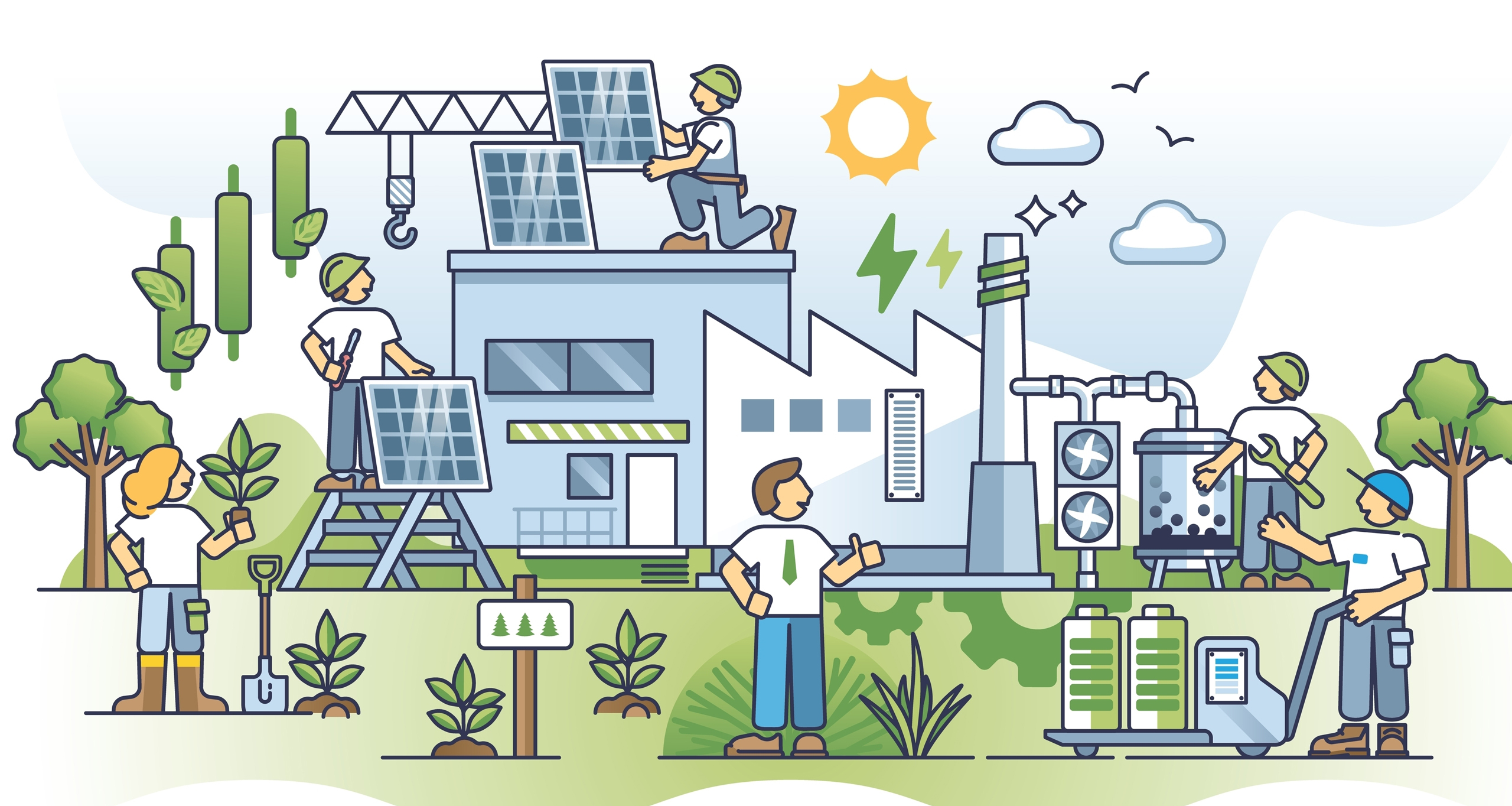| S.No |
Name of Expert |
Designation |
Title of Lecture |
Theme |
Time (mins) |
(secs) |
| 1 |
Prof Ambedkar Balraj |
Department of Chemical Engineering, Sri Sivasubramaniya Nadar (SSN) College of Engineering, India |
Solvent-based Post Combustion CO2 Capture Process (PCCC) - An Alternate CO2 Stripping /Solvent Recovery Process |
CO2 Capture |
37 |
29 |
| 2 |
Prof Chinmoy Ranjan |
Department of Inorganic and Physical Chemistry, Indian Institute of Science, Bengaluru, India |
Solid Oxide Electrolysis of CO2: Mechanistic Aspects |
CO2 Utilization |
35 |
35 |
| 3 |
Prof Indrajit Shown |
Department of Chemistry, Centre for Hydrogen Technology and Carbon Utilization (CeHy)
Hindustan Institute of Technology and Science (HITS) Chennai, India |
Designing Photocatalysts for a Greener Future: Turning CO2 into Fuels and Beyond |
CO2 Utilization |
37 |
38 |
| 4 |
Prof Jithin John Varghese |
Department of Chemical Engineering, Indian Institute of Technology Madras, Chennai |
CO2 Reduction to Methanol: What we have learnt from Multiscale Modelling |
CO2 Utilization |
43 |
29 |
| 5 |
Prof Praveen Linga |
Department of Chemical and Biomolecular Engineering, College of Design and Engineering, National University of Singapore, Singapore |
SustainX- Decoding Decarbonization through Calthrate Hydrates |
CO2 Capture |
59 |
13 |
| 6 |
Prof Sayam Sen Gupta |
Department of Chemical Sciences, IISER Kolkata |
Bio Inspired Catalysis for Environmental and Energy Applications |
CO2 Utilization |
47 |
27 |
| 7 |
Prof Sunil A Patil |
Department of Earth & Environmental Sciences, IISER Mohali |
Integrated Microbial Electrochemical technologies for Environmental Sustainability |
CO2 Utilization |
56 |
12 |
| 8 |
Prof Vikram Vishal |
Convener, DST-National Centre of Excellence in CCUS Professor, Department of Earth Sciences, Indian Institute of Technology Bombay, Mumbai |
Decarbonization of the Industry and the Air: Derisking geologic CO2 Sequestration |
CO2 Sequestration |
50 |
9 |
| 9 |
Prof Aditi Halder |
School of Chemical Sciences, IIT Mandi |
Materials design for sustainable development |
CO2 Utilization |
35 |
55 |
| 10 |
Prof Sagar Sourav |
Department of Chemical Engineering, Indian Institute of Technology Madras, Chennai |
Thermo catalytic CO2 activation and utilization |
CO2 Utilization |
42 |
57 |
| 11 |
Prof Soujanya Yarasi |
Department of Polymers and Functional Materials, CSIR-Indian Institute of Chemical Technology, Hyderabad, India, Academy of Scientific and Innovative Research (AcSIR), Ghaziabad, India CSIR-Indian Institute of Chemical Technology, Tarnaka, Hyderabad, India |
From Electrons to materials: Computational challenges across scales and systems |
CO2 Utilization |
29 |
13 |
| 12 |
Swadhin Mandal |
Department of Chemical Sciences, Indian Institute of Science Education and Research Kolkata,Mohanpur, West Bengal |
Synthesis of Monomers from greenhouse gases: A metal free catalytic approach |
CO2 Utilization |
42 |
56 |
| 13 |
Prof Venkata Krishnan |
School of Chemical Sciences, Indian Institute of Technology Mandi, H. P., India |
Development of efficient heterogeneous catalysts for sustainable transfer hydrogenation carbon dioxide conversion and Plastic upcycling reactions |
CO2 Utilization |
51 |
33 |
| 14 |
Prof Vivek Polshettiwar |
Department of Chemical Sciences, Tata Institute of Fundamental Research (TIFR), Mumbai, India |
Light Electrons and Action |
CO2 Utilization |
37 |
24 |


Reviews
There are no reviews yet.